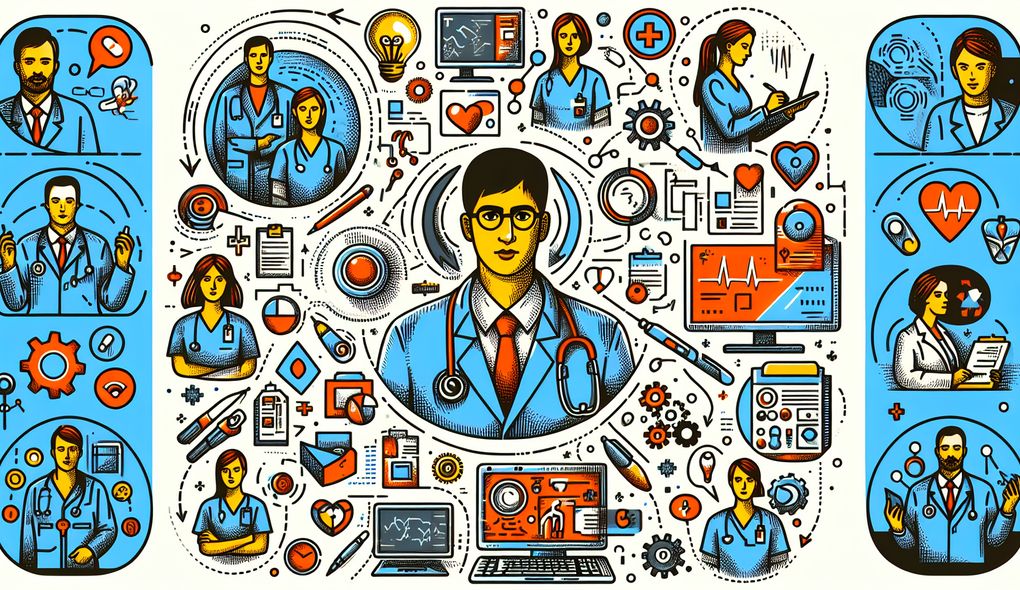Can you explain the process of tracking, routing, and redirecting problems to the correct resources?
JUNIOR LEVEL

Sample answer to the question:
When it comes to tracking, routing, and redirecting problems, it's crucial to have a systematic approach. First, I would gather all the necessary information from the customer, such as their contact details, the nature of the problem, and any error messages they may have encountered. Then, I would log the issue in our help desk software, ensuring that all the important details are recorded. From there, I would evaluate the complexity of the problem and determine if it can be resolved at the first level or if it needs to be escalated to a more specialized team or resource. If escalation is needed, I would transfer the issue to the appropriate department, making sure to provide them with all the relevant information. Throughout the process, I would maintain regular communication with the customer, keeping them informed of the progress and any updates. Once the problem is resolved, I would close the ticket and document the steps taken for future reference.
Here is a more solid answer:
To effectively track, route, and redirect problems, I would start by actively listening to the customer to understand the issue they are facing. Once I have gathered all the necessary information, I would enter the details into our help desk software, including the customer's contact information and a thorough explanation of the problem. This ensures that the problem is accurately documented and easily accessible by other team members. Next, I would assess the complexity of the issue and determine if it can be resolved at the first level or if it requires intervention from more specialized resources. If escalation is necessary, I would transfer the issue to the appropriate team, providing them with all the relevant information gathered from the customer. Throughout the process, I would maintain a high level of communication with the customer, updating them on the progress and any potential resolutions. Once the issue is resolved, I would close the ticket and document the steps taken to resolve it. This documentation is crucial for future reference, allowing us to build a knowledge base of common issues and their solutions.
Why is this a more solid answer?
The solid answer expands on the basic answer by providing more specific details and emphasizing the candidate's technical knowledge, communication skills, and documentation abilities. It highlights the importance of active listening, accurate documentation, effective communication, and the creation of a knowledge base for future reference. However, the answer can be further improved by including examples of how the candidate has successfully implemented this process in their previous experience.
An example of a exceptional answer:
When it comes to tracking, routing, and redirecting problems, my approach involves a structured and systematic process. First, I begin by actively listening to the customer's description of the problem, asking clarifying questions to ensure a comprehensive understanding. Once I have gathered all necessary information, I meticulously document the details in our help desk software, including the customer's contact information, timestamps, and a concise yet comprehensive summary of the issue. This level of detail ensures that the problem can be easily tracked and assigned to the appropriate resource, promoting swift resolution. As I triage the problem, I employ my technical knowledge to assess the complexity and urgency of the issue. If it can be resolved at the first level, I leverage my troubleshooting skills to provide a prompt and effective solution. However, if escalation is required, I seamlessly transfer the issue to the relevant team or specialist, ensuring that they receive all pertinent information. Throughout the process, I maintain open lines of communication with the customer, providing regular updates on the progress and anticipated resolution timeframe. Once the issue is resolved, I ensure proper closure of the ticket, including detailed documentation of the steps taken, resources accessed, and problem resolution techniques employed. By doing so, I contribute to a robust knowledge base that enhances our overall efficiency and enables quick resolution of similar issues in the future.
Why is this an exceptional answer?
The exceptional answer goes beyond the solid answer by incorporating additional details and highlighting the candidate's proactive approach, technical knowledge, strong communication, and documentation skills. It emphasizes the importance of active listening, meticulous documentation, prompt troubleshooting, efficient escalation, and effective customer communication. This answer demonstrates the candidate's ability to handle complex issues and contribute to the development of a knowledge base. However, it could benefit from providing specific examples of how the candidate has successfully implemented this process in their previous experience.
How to prepare for this question:
- Familiarize yourself with common technical issues in the healthcare industry and understand their potential causes and resolutions.
- Practice active listening skills to ensure you can accurately gather all necessary information from customers.
- Learn how to navigate and utilize help desk software effectively, as it will be a critical tool in tracking and documenting issues.
- Develop strong communication skills, both written and verbal, to provide clear and concise explanations to customers and collaborate effectively with other teams.
- Demonstrate your ability to troubleshoot and resolve technical issues by sharing personal experiences where you successfully tracked, routed, and redirected problems to the correct resources.
- Highlight your attention to detail and organizational skills by discussing your approach to documenting troubleshooting steps and resolutions.
What are interviewers evaluating with this question?
- Technical knowledge
- Communication
- Troubleshooting
- Customer service
- Documentation

